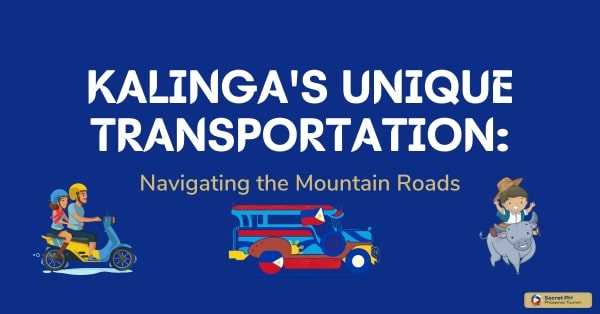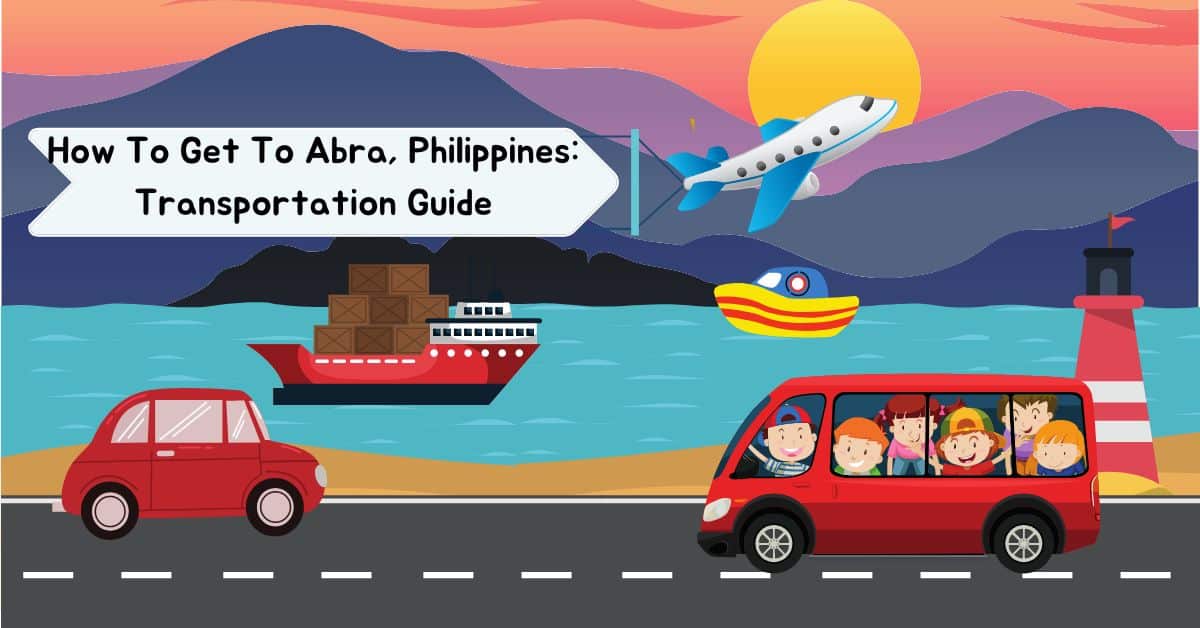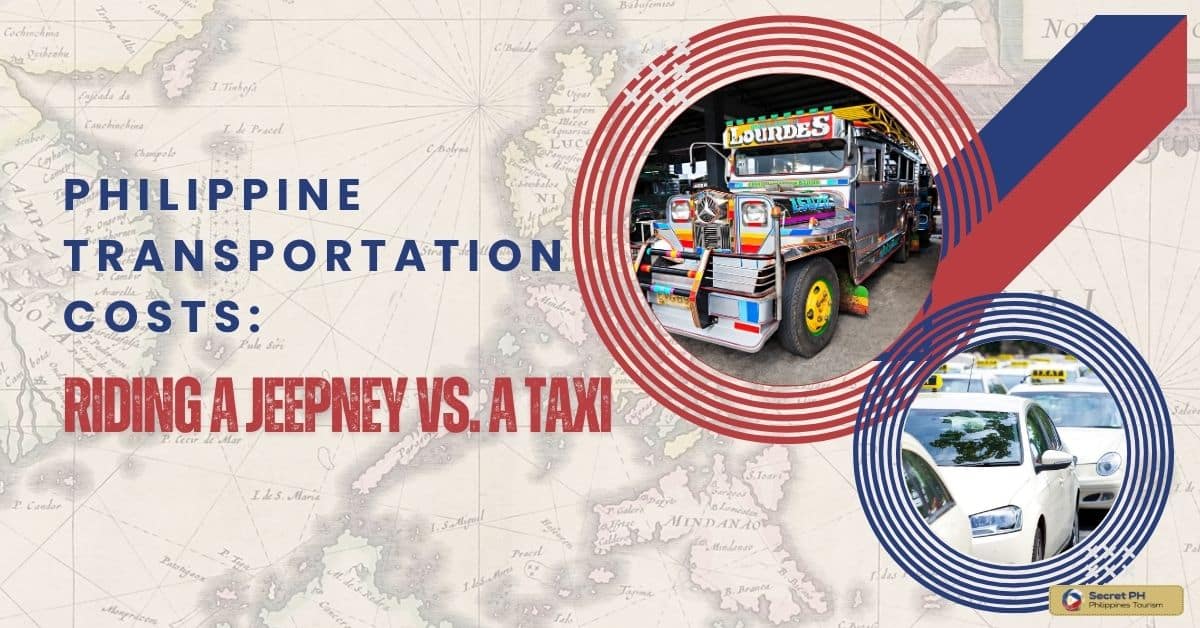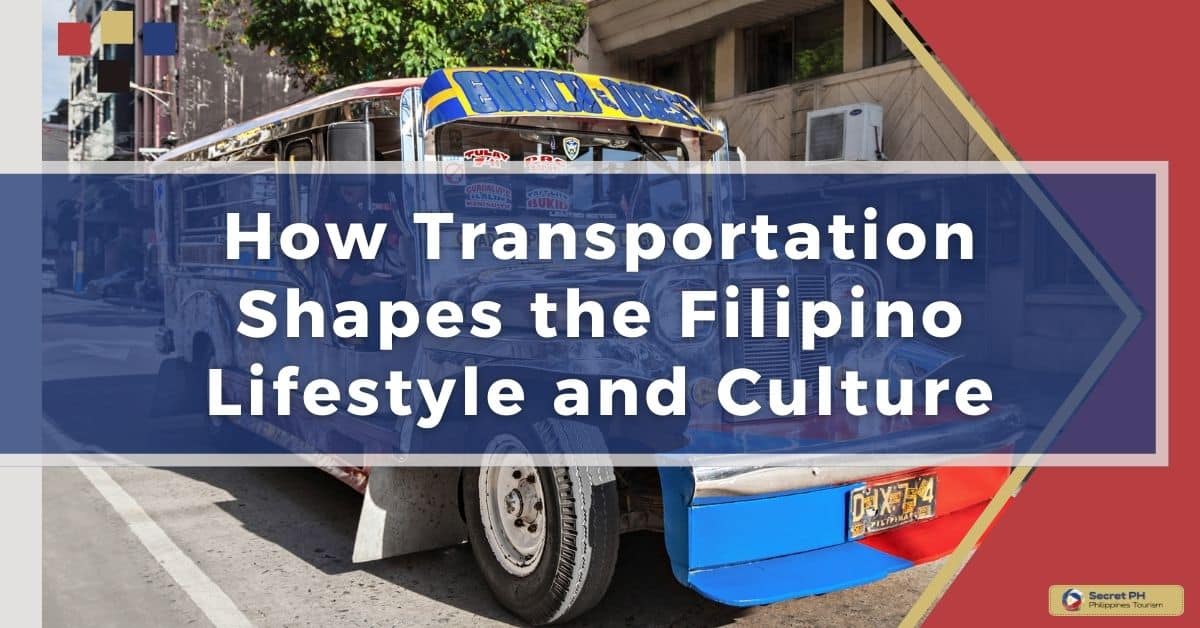Going green in the Philippines is a crucial step in addressing the country’s environmental challenges. One aspect of this is sustainable transportation options, which aim to reduce carbon emissions and improve air quality. From bicycle-sharing programs to the use of electric vehicles, the Philippines is exploring various methods to promote sustainable transportation and create a greener future.
One of the most effective ways to go green in the Philippines is through sustainable transportation. This article will explore different types of sustainable transportation, their benefits, and the challenges they face in the Philippines.
We’ll also discuss how individuals can get involved in going green by choosing more eco-friendly forms of transportation. With just a few small changes, everyone can help contribute to a greener Philippines.
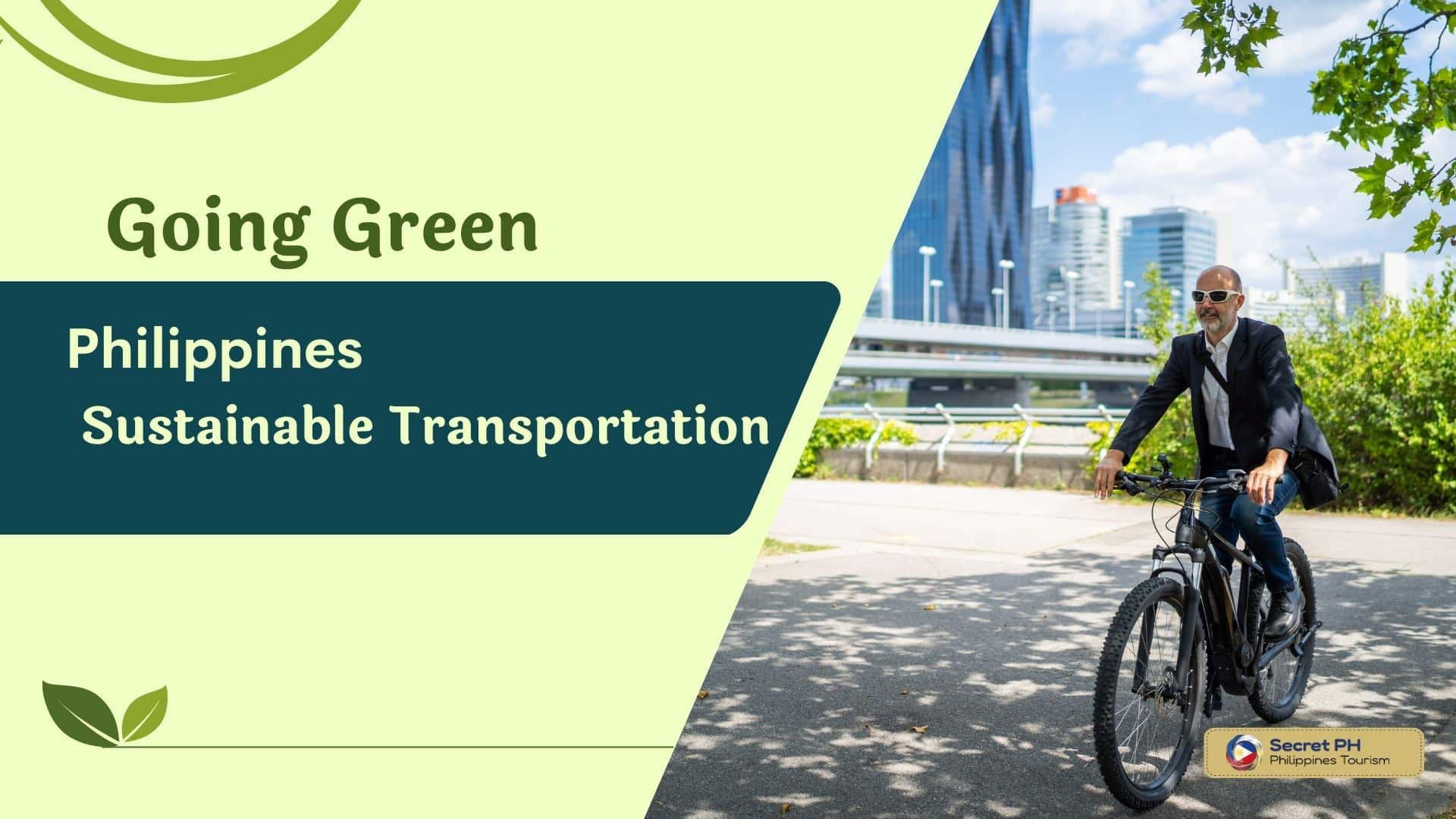
Why Going Green is Important in the Philippines
Going green is crucial in the Philippines to address the country’s environmental challenges and create a sustainable future. By taking steps to go green, the Philippines can make a positive impact on the environment and contribute to a better future for all.
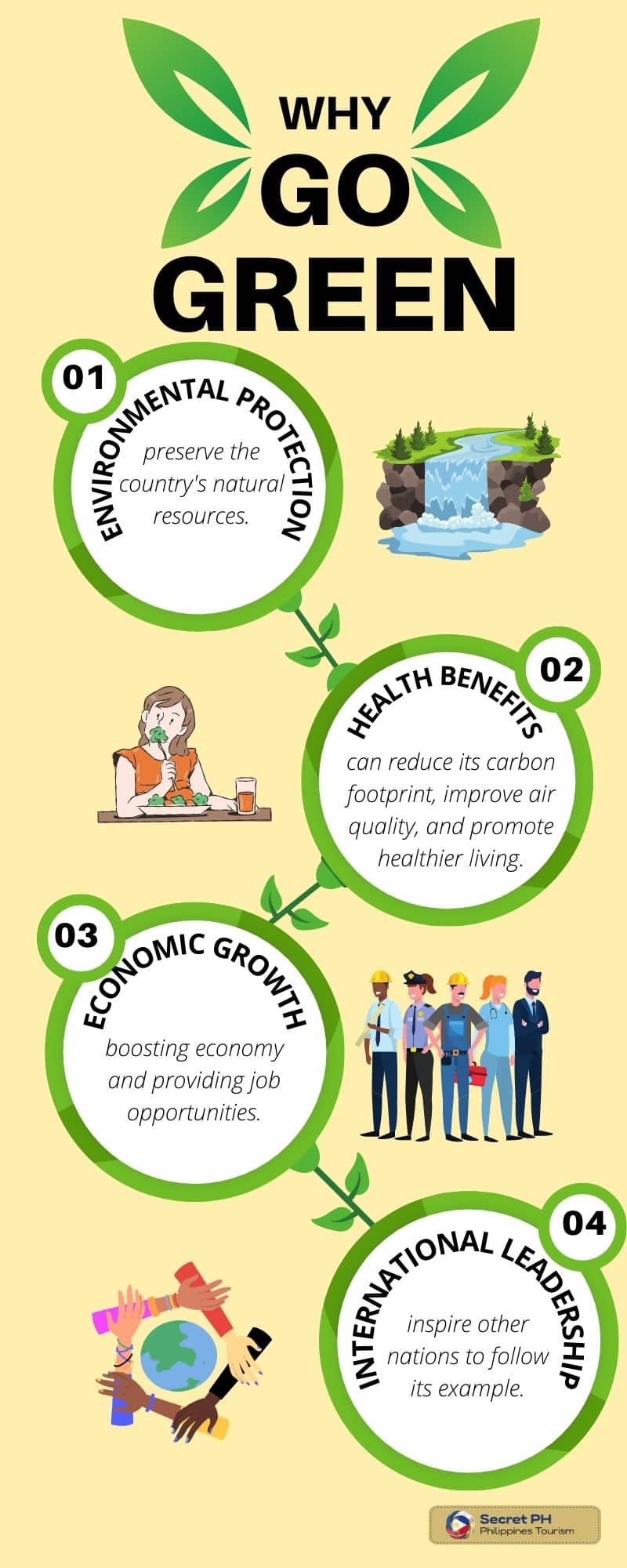
It is important in the Philippines for several reasons:
Environmental Protection
The Philippines is facing environmental challenges such as pollution, deforestation, and climate change. Going green helps to mitigate these issues and preserve the country’s natural resources for future generations.
Health Benefits
Air pollution and other environmental hazards can have negative impacts on the health of individuals and communities. By going green, the Philippines can reduce its carbon footprint, improve air quality, and promote healthier living.
Economic Growth
Sustainable practices and green technologies can create new economic opportunities and industries, boosting the Philippine economy and providing job opportunities.
International Leadership
The Philippines is part of the global community and has a responsibility to play a role in addressing global environmental challenges. By going green, the Philippines can demonstrate its commitment to environmental protection and inspire other nations to follow its example.
Types of Sustainable Transportation in the Philippines
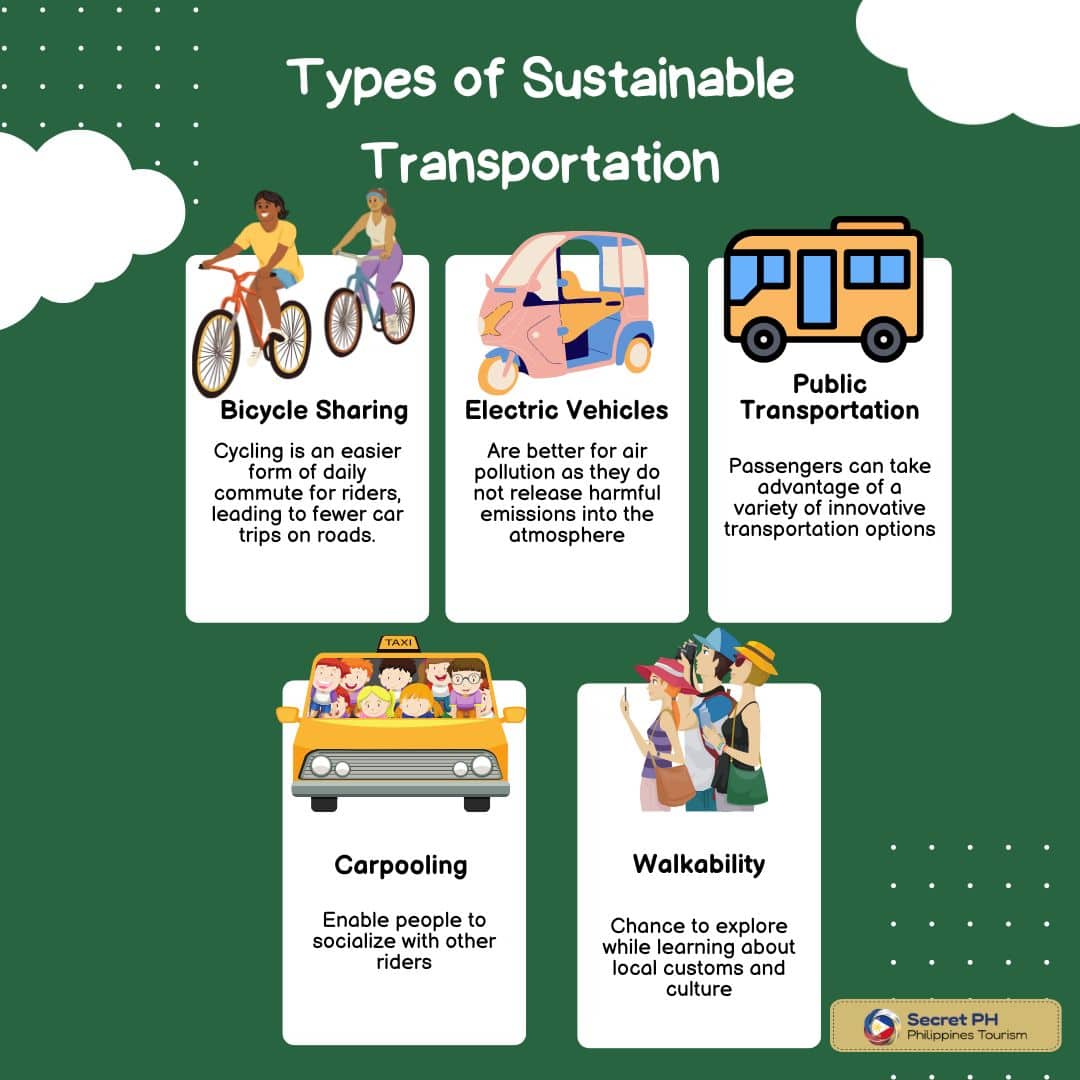
Sustainable transportation is an important aspect of going green in the Philippines, as it can help reduce the country’s carbon footprint and improve air quality. The Philippines is exploring various types of sustainable transportation options to meet the growing demand for eco-friendly modes of transportation.
From bicycle-sharing programs to the use of electric vehicles, the Philippines is embracing new and innovative ways to promote sustainable transportation and create a greener future. In this context, it’s worth exploring the different types of sustainable transportation available in the Philippines and the benefits they offer.
Bicycle Sharing
Bicycle sharing is quickly becoming a popular and sustainable form of transportation in the Philippines. This type of transportation helps reduce carbon emissions, increases physical fitness, and promotes greater accessibility at a lower cost than public transportation or cars within city limits. Bicycle sharing is beneficial to the environment as it makes cycling an easier form of daily commute for riders, leading to fewer car trips on roads.
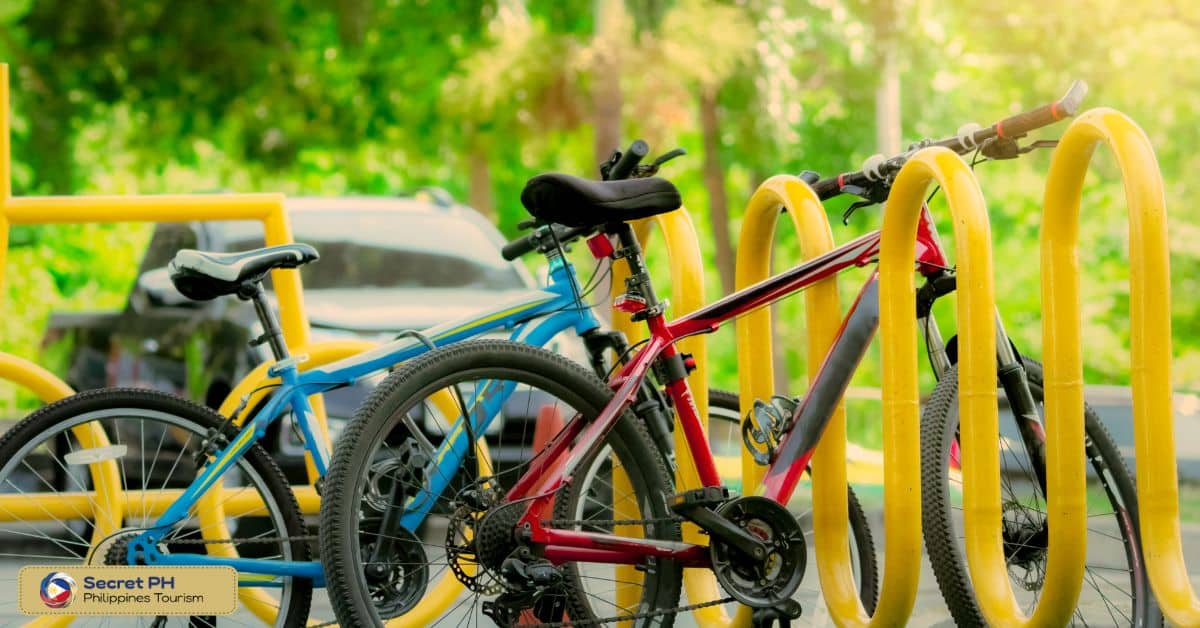
Additionally, it can improve the health of citizens who use bike shares regularly as well as introduce commuters to cycling as a practical form of transportation that requires no expensive long-term investments like cars. Despite its advantages of sustainability and accessibility, bicycle sharing does face certain challenges such as motorized cyclists not following any safety regulations and road hazards/ lack of proper infrastructure that may result in rider accidents.
However, with proper implementation and safety precautions in place by local authorities, bicycle sharing has immense potential to be a sustainable mode of transportation that brings convenience and improved health benefits to Philippine citizens.
Electric Vehicles
Electric vehicles (EVs) are growing in popularity as a sustainable transportation option and the Philippines is no exception. EVs available in the Philippines range from two-wheeled e-scooters and three-wheeled electric tricycles, while four-wheeled EVs include light electric vehicles (LEVs) and electric cars.

EV owners in the country benefit from reduced refueling costs and increased convenience, as well as tax breaks from the local government for purchasing battery-powered transportation. The service life expectancy of an EV far exceeds that of a traditional gasoline engine, making them an attractive long-term investment.
Additionally, EVs are better for air pollution as they do not release harmful emissions into the atmosphere, leading to better air quality for cities across the nation. As more people become aware of these benefits, EVs will continue to gain traction throughout the Philippines and beyond.
Public Transportation
Public transportation in the Philippines is becoming increasingly sustainable. Across cities like Manila, Cebu, and Davao, passengers can take advantage of a variety of innovative transportation options. Buses are being integrated with electric and hybrid engine designs, which are cost-effective to upkeep and reduce emissions from fuel combustion.
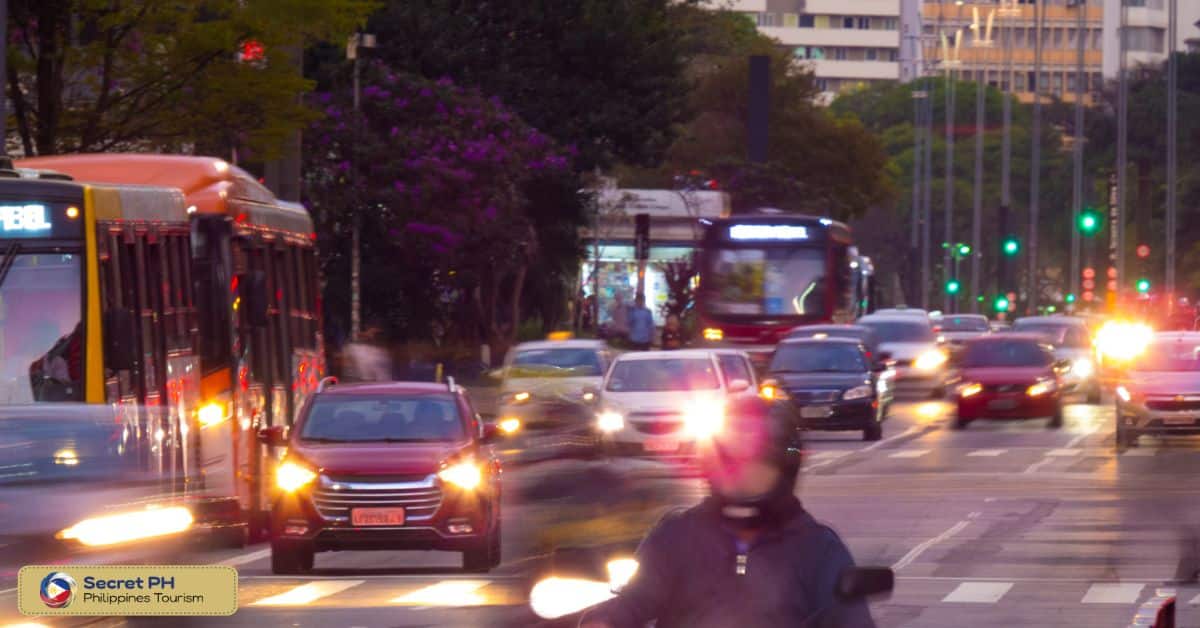
In addition, several metro systems have become popular for quickly navigating through crowded areas. Bicycle lanes have also been implemented in many of these cities, encouraging a low-impact form of commuting while reducing the levels of air pollution associated with traditional motor vehicles.
Finally, ridesharing services such as Grab are gaining traction as reliable forms of public transit that have lower environmental costs due to reduced congestion on roads. Ultimately, the Philippines is continuing to explore its ways towards sustainability within its public transport sector by investing in these different modes of transport.
Carpooling
As our population grows, so does the need for sustainable transportation. Carpooling is an increasingly popular type of sustainable transport in the Philippines. It gives riders a convenient transportation option while reducing emissions and traffic as fewer cars travel on the roads.

Additionally, carpooling provides economic benefits as it is typically cheaper than public transport or taking a taxi. Carpooling can also enable people to socialize with other riders and build community networks which are especially beneficial for those who work from home or lack access to public transport.
Overall, carpooling is both eco-friendly and helpful in reducing costs, making it a great type of sustainable transport in the Philippines.
Walkability
The health and environmental benefits of walkability have led to increased demand for sustainable transportation options in the Philippines. One of the most popular methods is Viaje, a car-sharing service that allows users to conveniently book their cars or shared vehicles through their mobile app. Viaje also allows users to combine car trips with public transport segments, providing an economical and efficient way of traveling around the city.

Additionally, organized walking tours of Philippine cities are growing in popularity, offering visitors the chance to explore while learning about local customs and culture. Whatever method of transportation you choose, these sustainable solutions promote a healthy lifestyle and make cities more pleasant places to live in.
Benefits of Sustainable Transportation in the Philippines
The adoption of sustainable transportation options in the Philippines can bring numerous benefits to the environment, the economy, and individuals. From improving air quality and reducing carbon emissions to providing cost savings and creating new job opportunities, sustainable transportation can have a positive impact on various aspects of life in the Philippines.
By promoting sustainable transportation options, the Philippines can reduce its dependence on fossil fuels, enhance mobility, and promote a cleaner and healthier environment.
- Improved air quality: Sustainable transportation options such as electric vehicles and public transportation emit fewer pollutants, leading to improved air quality and reducing the risk of health issues caused by air pollution.
- Reduced carbon footprint: By using sustainable transportation options, the Philippines can reduce its carbon footprint and play a role in mitigating climate change.
- Cost savings: Sustainable transportation options, such as carpooling or using a bicycle, can be more affordable than using a private vehicle, leading to cost savings for individuals and communities.
- Convenient: Sustainable transportation options can be more convenient, providing an efficient and reliable mode of transportation for short trips.
- Job creation: The adoption of sustainable transportation options can create new job opportunities in industries such as electric vehicle manufacturing, public transportation, and bicycle sharing.
- Enhanced mobility: Improved public transportation options and pedestrian infrastructure can enhance mobility and accessibility, making it easier for people to get around and reducing the need for private vehicles.
Challenges Facing Sustainable Transportation in the Philippines
The implementation of sustainable transportation in the Philippines faces several challenges, including limited infrastructure, high costs, lack of public awareness and government support, cultural attitudes towards private vehicle ownership, and difficulties in maintenance.
Overcoming these challenges requires sustained effort, investment, and collaboration between various stakeholders, including government agencies, private companies, and individuals.
- Infrastructure: The development of adequate infrastructure, such as bike lanes and charging stations, is necessary to support sustainable transportation options but is often limited in the Philippines.
- Cost: The upfront cost of transitioning to sustainable transportation options, such as purchasing electric vehicles, can be prohibitively expensive for many individuals and communities.
- Public awareness: Lack of public awareness and understanding of the benefits and importance of sustainable transportation can hinder its adoption and implementation.
- Government support: Sustained government support and investment are necessary to fully realize the potential of sustainable transportation in the Philippines, but this is often limited.
- Cultural attitudes: Private vehicle ownership is often seen as a status symbol in the Philippines, and there may be resistance to transitioning to more sustainable transportation options.
- Maintenance: The maintenance and upkeep of sustainable transportation options, such as electric vehicles and bicycles, can be challenging and requires ongoing support.
These challenges need to be addressed for sustainable transportation to become a reality in the Philippines. By overcoming these challenges, the Philippines can create a more sustainable and eco-friendly future for its citizens.
In conclusion
The Philippines is taking steps towards sustainability in transportation by introducing new, eco-friendly solutions and promoting existing ones. By adopting a range of sustainable transport options, the country can reduce emissions, boost economic growth, improve air quality, and create healthier communities.
Ultimately, the Philippines has an opportunity to lead the world in transitioning to green transportation and provide a blueprint for other countries to follow.
With the right policies and investment, sustainable transportation in the Philippines can become a reality and bring numerous benefits to the environment and its people.

